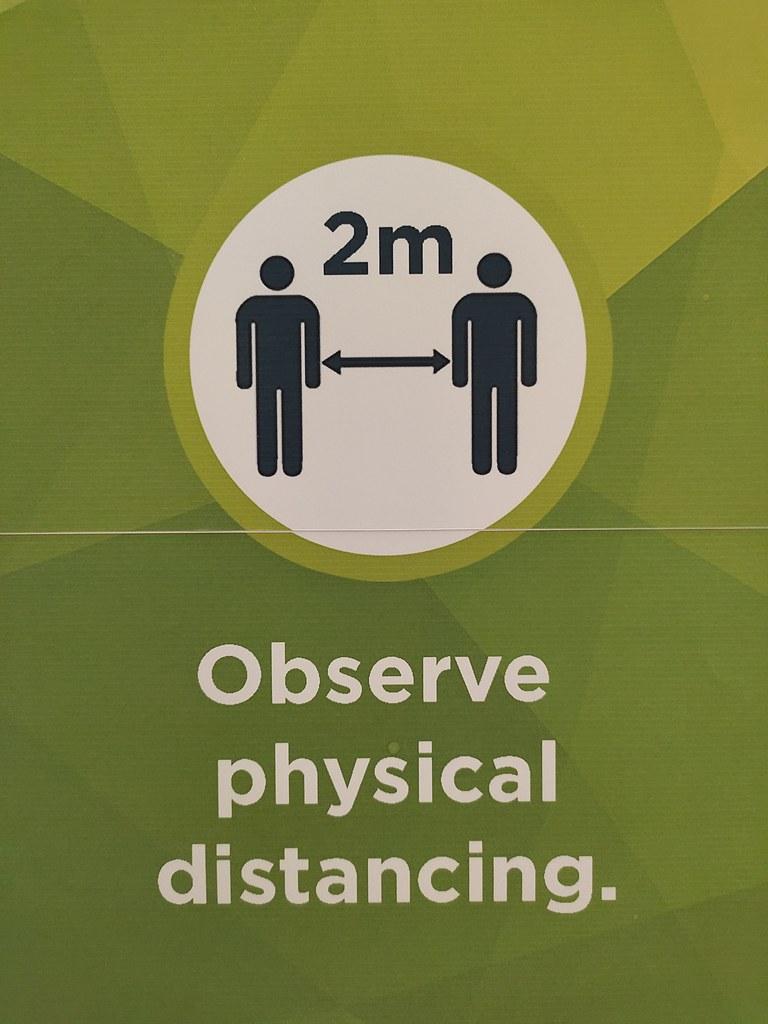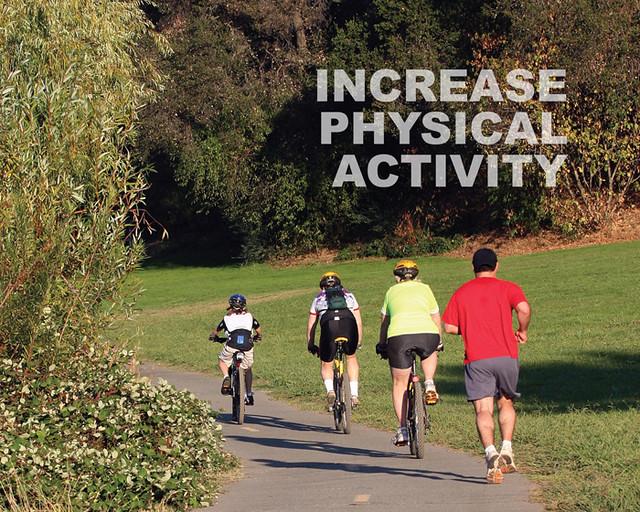In a world where the pressures of everyday life can weigh us down, it’s easy to forget the impact that physical self-care can have on our mental well-being. As we navigate through the labyrinth of our thoughts and emotions, there lies a realm where exercise becomes the key to unlocking a healthier mind. Welcome to the uncharted territory where the path to mental tranquility intertwines effortlessly with the sweat-slicked walls of the gym. Join us as we embark on a journey to explore the profound connection between exercise and its profound impact on mental health. In this article, we will delve deep into the swirling currents of scientific research, shedding light on the transformative powers of physical self-care and providing you with the knowledge to nurture your mind through the deliberate movement of your body. So fasten your sneakers, release your inhibitions, and get ready to sweat your way to newfound clarity and resilience.
Understanding the Mind-Body Connection: Exercise as a Catalyst for Mental Well-being
Regular exercise is not only essential for maintaining physical health, but it also plays a significant role in promoting mental well-being. The mind-body connection is a powerful force, and exercise can serve as a catalyst for positive changes in our mental state.
One of the key ways in which exercise impacts mental health is through the release of endorphins, commonly known as the “feel-good” hormones. When we engage in physical activities, our bodies produce endorphins, which interact with receptors in the brain and help reduce feelings of stress and anxiety. This natural mood booster can provide an immediate sense of relaxation and can even alleviate symptoms of depression.
Besides the chemical benefits, exercise also provides a distraction from daily worries and negative thoughts. When we are physically active, our attention is directed towards the movements and sensations of our bodies, allowing us to temporarily escape rumination and mental fatigue. Engaging in exercises such as yoga, tai chi, or even going for a brisk walk can promote mindfulness, improving our ability to stay present and reducing the impact of stressors on our mental state.

Unraveling the Benefits: How Exercise Positively Impacts Mental Health
Regular exercise not only benefits physical health, but it also has a significant impact on mental well-being. There are numerous ways in which exercise positively influences mental health, helping to manage stress and promote a positive mindset. When we engage in physical activity, our brain releases endorphins, which are natural chemicals that boost mood and reduce feelings of pain or stress. These endorphins act as natural antidepressants, providing a sense of happiness and euphoria.
Exercise also helps to alleviate symptoms of anxiety and depression. It increases the production of serotonin, a neurotransmitter responsible for regulating mood. When serotonin levels are low, it can lead to feelings of sadness, anxiety, and even depression. By engaging in physical activity, we can boost these levels, leading to improved overall mental health.
In addition to the chemical benefits of exercise, the act of regularly engaging in physical activity can provide a sense of accomplishment and confidence. Meeting fitness goals and challenging oneself physically can enhance self-esteem and self-worth. Exercise can also improve cognitive function and memory, which are crucial for maintaining mental acuity.
Moreover, exercise can serve as a social outlet, allowing individuals to connect with others who share similar interests. Joining group classes or sports teams can foster relationships, provide a support system, and reduce feelings of loneliness or isolation.
In summary, exercise is a powerful tool for physical self-care that significantly impacts mental health. By promoting the release of endorphins, increasing serotonin levels, and providing a sense of accomplishment and social connection, regular physical activity can improve mood, reduce anxiety and depression, and enhance overall mental well-being. So, why not lace up those sneakers and start reaping the benefits today?
| Benefits of Exercise for Mental Health: |
|---|
|

Tailoring Your Fitness Regimen: Effective Exercise Strategies for Promoting Mental Well-being
Physical Self-Care: Exercise and Its Impact on Mental Health
Taking care of our physical health goes hand in hand with nurturing our mental well-being. Exercise is not only an essential component in maintaining a healthy body, but it can also have profound effects on our mental health. Incorporating effective exercise strategies into your fitness regimen can promote mental well-being and help you achieve a balanced and fulfilling life.
One of the key benefits of exercise on mental health is its ability to reduce stress and anxiety. Engaging in regular physical activity releases endorphins, often referred to as the “feel-good” hormones, which enhance mood and alleviate feelings of stress. From intense cardio workouts to calming yoga sessions, find an exercise routine that suits your preference and makes you feel good after each session. Don’t be afraid to mix it up and experiment with different activities to keep your exercise routine interesting and enjoyable.
Another effective exercise strategy for promoting mental well-being is to incorporate mindful movement into your fitness regimen. Mindfulness-based exercises such as tai chi or qigong not only provide physical benefits like improved flexibility and balance but also cultivate a sense of calm and mental clarity. By focusing on your breath and staying present in the moment during these exercises, you can quiet your mind and experience a heightened sense of relaxation and inner peace.

Incorporating Exercise Into Your Daily Routine: Practical Tips and Recommendations for Physical Self-Care
Regular exercise is not just about physical fitness; it plays a crucial role in maintaining our mental well-being as well. Incorporating exercise into our daily routines is a highly effective form of physical self-care. Not only does it improve our physical health, but it also has an incredible impact on our mental health. Here are some practical tips and recommendations to help you seamlessly integrate exercise into your daily routine and experience the incredible benefits it can have on your overall well-being.
The Power of Routine
Creating a consistent exercise routine is key to successfully incorporating physical activity into your everyday life. Start by setting achievable short-term goals that you can track and celebrate along the way. Whether it’s going for a daily walk, joining a fitness class, or finding an activity that you genuinely enjoy, committing to a regular schedule will help you stay motivated and make exercise a natural part of your day.
Variety is the Spice of Life
Keep your exercise routine exciting and prevent monotony by incorporating a variety of physical activities. This not only keeps things interesting but also allows you to target different muscle groups and avoid overuse injuries. Consider mixing cardiovascular exercises such as jogging or cycling with strength training, yoga, or even dance classes. By exploring different activities, you’ll find what resonates with you and create a well-rounded approach to physical self-care.
The Buddy System
Exercising with a friend or joining a group can significantly boost your motivation and make your fitness journey more enjoyable. Not only will it hold you accountable, but it will also provide social interaction, which is vital for our mental well-being. Look for local fitness communities, exercise clubs, or even online platforms that offer virtual workout classes. Connecting with like-minded individuals will not only provide support but also create a sense of belonging and camaraderie on your path to physical self-care.
| Benefits of Exercise on Mental Health | Physical Benefits of Exercise |
|---|---|
| 1. Improved mood and reduced symptoms of depression | 1. Increased cardiovascular health |
| 2. Reduced anxiety and stress levels | 2. Enhanced strength and endurance |
| 3. Boosted self-confidence and self-esteem | 3. Weight management and improved metabolism |
| 4. Better sleep patterns and increased energy levels | 4. Lowered blood pressure and cholesterol levels |
No matter your age or physical ability, incorporating exercise into your daily routine can have a transformative impact on your mental health. Remember, the journey towards physical self-care is unique to each individual, so be patient and kind to yourself. With dedication, consistency, and a variety of activities, you can enjoy the endless benefits that exercise brings to both your body and mind.
In a world where our minds often seem to run on overdrive, it’s easy to overlook the importance of caring for our physical bodies. We find ourselves consumed by endless tasks, responsibilities, and worries, neglecting the very vessel that carries us through this journey of life. However, amidst the chaos, there lies a simple remedy that we often disregard – exercise.
As we lace up our sneakers, tie up our ponytails, and step into the realm of physical self-care, our bodies awaken with anticipation. It is in the rhythmic motion, the pounding of our hearts, and the sweet beads of sweat that we unlock a world of serenity. With each stride, we chase away the relentless thoughts that plague our minds, replacing them with the tranquility that only movement can offer.
Physical self-care is not merely about sculpting our bodies or achieving unattainable standards of perfection. It is about allowing ourselves the space to breathe, to let go of the burdens we carry, and to nurture the relationship between our physical and mental selves. Exercise becomes the catalyst for change, the vehicle through which we transform our inner landscapes.
As we engage in physical activity, the pathways of our minds begin to shift. Our anxieties unravel, as endorphins surge through our veins, casting a veil of euphoria upon our souls. The worry that once consumed us now dissipates, replaced by a newfound sense of clarity and perspective. In this realm of motion, we invite healing and rebirth, shedding layers of stress and embracing a state of balance.
Exercise doesn’t discriminate; it welcomes all who yearn to reclaim their mental well-being. Whether it be the graceful sway of a dancer or the powerful stride of a runner, every movement offers solace and strength. It is in this diversity that we find connection, recognizing that self-care transcends the boundaries of language, culture, and body type.
So, dear reader, as we conclude this exploration of physical self-care and its impact on mental health, let us rekindle our commitment to ourselves. Let us dance, run, swim, or stretch – whatever form of movement speaks to our souls – and cultivate a harmonious unity between our physical and mental realms.
In the realm of self-care, there is no one-size-fits-all; there is only the pursuit of personal well-being. With each step, we come closer to the ultimate destination – a place of equilibrium, where our physical and mental selves coexist in perfect harmony.



